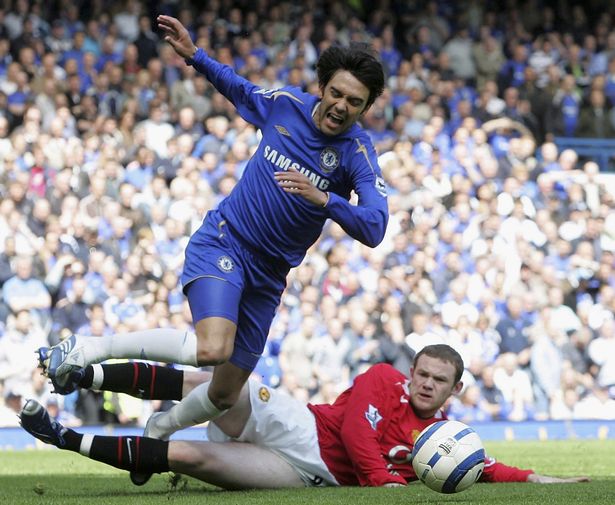Wayne Rooney revealed he intended to inflict injury on Chelsea’s player in a match between Manchester United and Chelsea FC in 2006.
He stated he had to change his studs to long metal ones to hurt a player in April 2006.
Rooney in an interview with the media on Sunday disclosed that he had to put on a stud with maximum length to hurt someone because he knew Chelsea stood a chance of winning the game in Stamford Bridge. After all, they were the better team.
Basically, his intentions instigated the rough challenges that caused the former Chelsea captain, John Terry, to leave the stadium in crutches as his victim.
Weeks later after the incident, the Derby County boss said he sent a signed T-shirt to John Terry demanding for his stud.
Rooney said: “For that game, I changed them to big, long metal ones; the maximum length you could have because I wanted to try and hurt someone, try and injure someone.
“I knew they were going to win that game. You could feel they were a better team at the time so I changed my studs.
“The studs were legal but thinking if there’s a challenge there I knew I’d want to go in for it properly. I actually did.
Read Also: NNL 2021/22: Gateway United highly prepared for the season
“John Terry left the stadium on crutches. I left a hole in his foot and then I signed my shirt to him after the game.
“A few weeks later, I sent it to him and asked for my stud back.
“If you look back when they were celebrating, JT’s got his crutches from that tackle,” he added.
Meanwhile, John Terry on Monday brushed off Rooney’s revelation through a tweet stating it is insignificant due to its timing.
He said, “Wayne Rooney, is this when you left your stud in my foot?”
However, the England football association is seeking clarity on the issue after Wayne Rooney’s interview with the media.
The Trumpet can recall that the England FA had in 2002 handed a five-match ban and a fine of £150,000 to Roy Keane after he admitted in his autobiography that he deliberately inflicted injury on Manchester City midfielder Alf-Inge Haaland.






